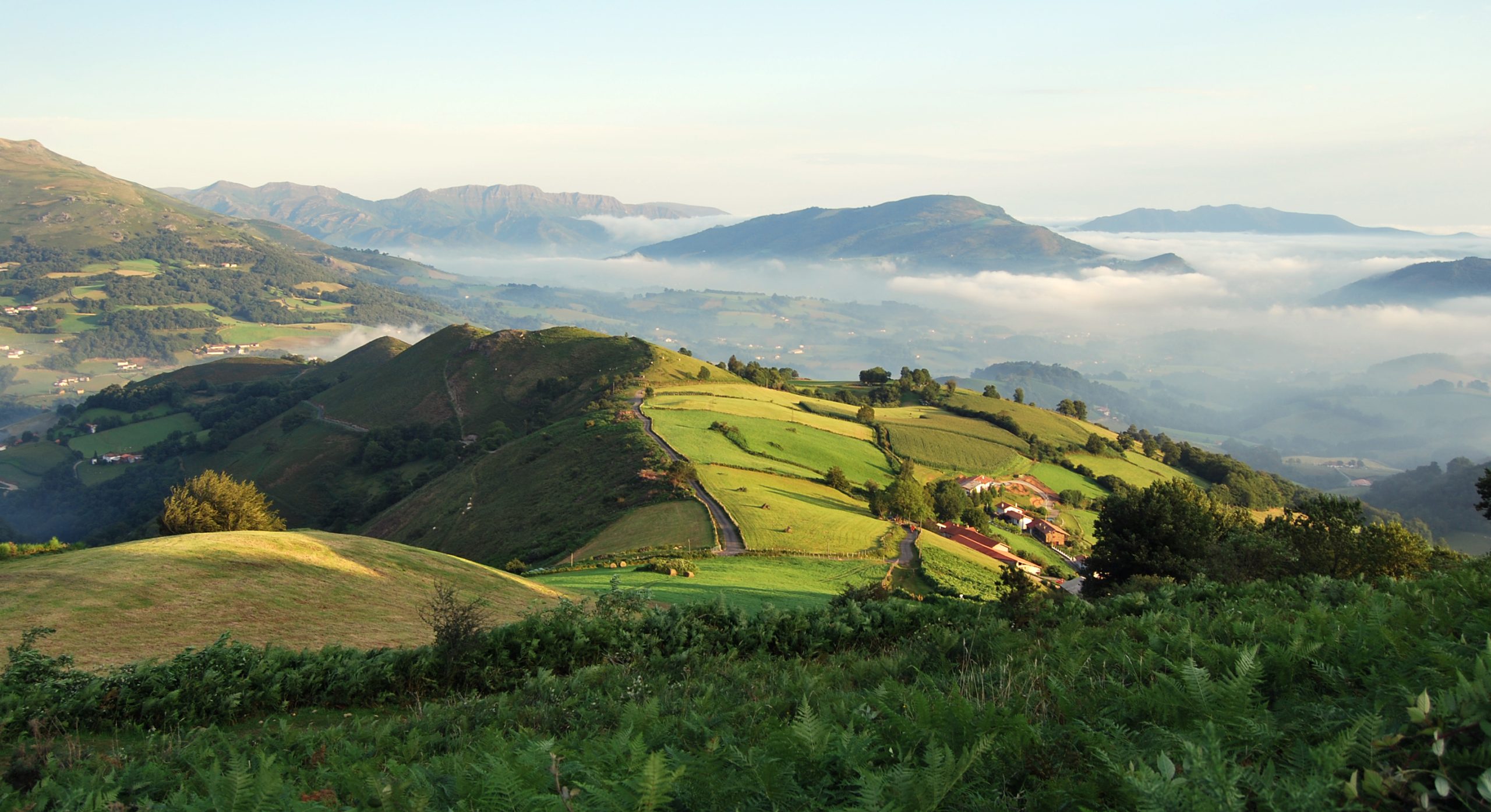Every year, thousands of people dedicate a period of their free time to serve in an pilgrim hostel along the devotional routes, such as St. James’ Way, Via Francigena and St. Francis’ Way. It is a voluntary and unpaid service. They are hospitaleros voluntarios, pilgrims in all respects, who having walked a devotional route, decide to dedicate themselves to welcoming other pilgrims. They usually work for one or two weeks in a pilgrim hostel, keeping it clean and welcoming and looking after the pilgrims. Their work is voluntary and for this reason they only serve in pilgrim hostels that do not apply a rate, but only a free and anonymous donation for the upkeep of the building.
The hospitaleros are heirs to a millenary tradition dating back to the Middle Ages, when pilgrims were considered sacred guests and had to be welcomed as such. The role of the hospitaleros voluntarios is fundamental in preserving the profound spirit of the devotional itineraries. The gratuitousness of their service is a value in itself: in a world where everything seems to have a price, the daily encounter with free acts (the pilgrim’s way, the hospitalero‘s work) is one of the many profound aspects of a pilgrimage.
In the 1980s, the pilgrimage to Santiago was revived in Spain, thanks in part to the dedication and energy of José Ignacio Díaz, the recently deceased parish priest of Santiago el Real in Logroño. José Ignacio would pick up pilgrims on the road and give them shelter in the rectory of Hervías; the next day he would take them back to the place where he had picked them up. The good pilgrim that he was, he was fully aware of the hardships faced by travellers in those days. He also knew how fortunate they were to be able to count on a minimum of help to spend the night and recover both spiritually and physically.
The next step was taken by Lourdes Lluch, a pilgrim who, in the summer of 1990, rented a house at Hornillos del Camino to welcome pilgrims against a free offer, without setting a price in advance, thus initiating a prototype of selfless service with great resonance.
This is how the Hospitaleros Voluntarios were born in Spain; they soon became part of the Federación Española de Asociaciones de los Amigos del Camino de Santiago. The 1990s saw the start of the constant activity of renovating buildings to accommodate pilgrims, with volunteers from all over Europe contributing labour, building material and money.
Hospitaleros Voluntarios have shown that it is possible to help pilgrims even with limited resources. Since its beginnings, the group has kept alive the flame of traditional hospitality on the Pilgrim’s Way to Santiago, based on the gratuity for the pilgrim and the voluntary work of the hospitaleros.
Pilgrim hostels in Italy
In 2023, the Italian pilgrim hostels where AP hospitaleros serve are located at:
- Lamporo
- Vercelli
- Garlasco
- Montignoso
- Valpromaro
- Ponte d’Arbia
Those who wish to serve in Spain, should contact Manuel Oliva, coordinator of Hospitaleros Voluntarios, at manuelhosvol@caminosantiago.org

